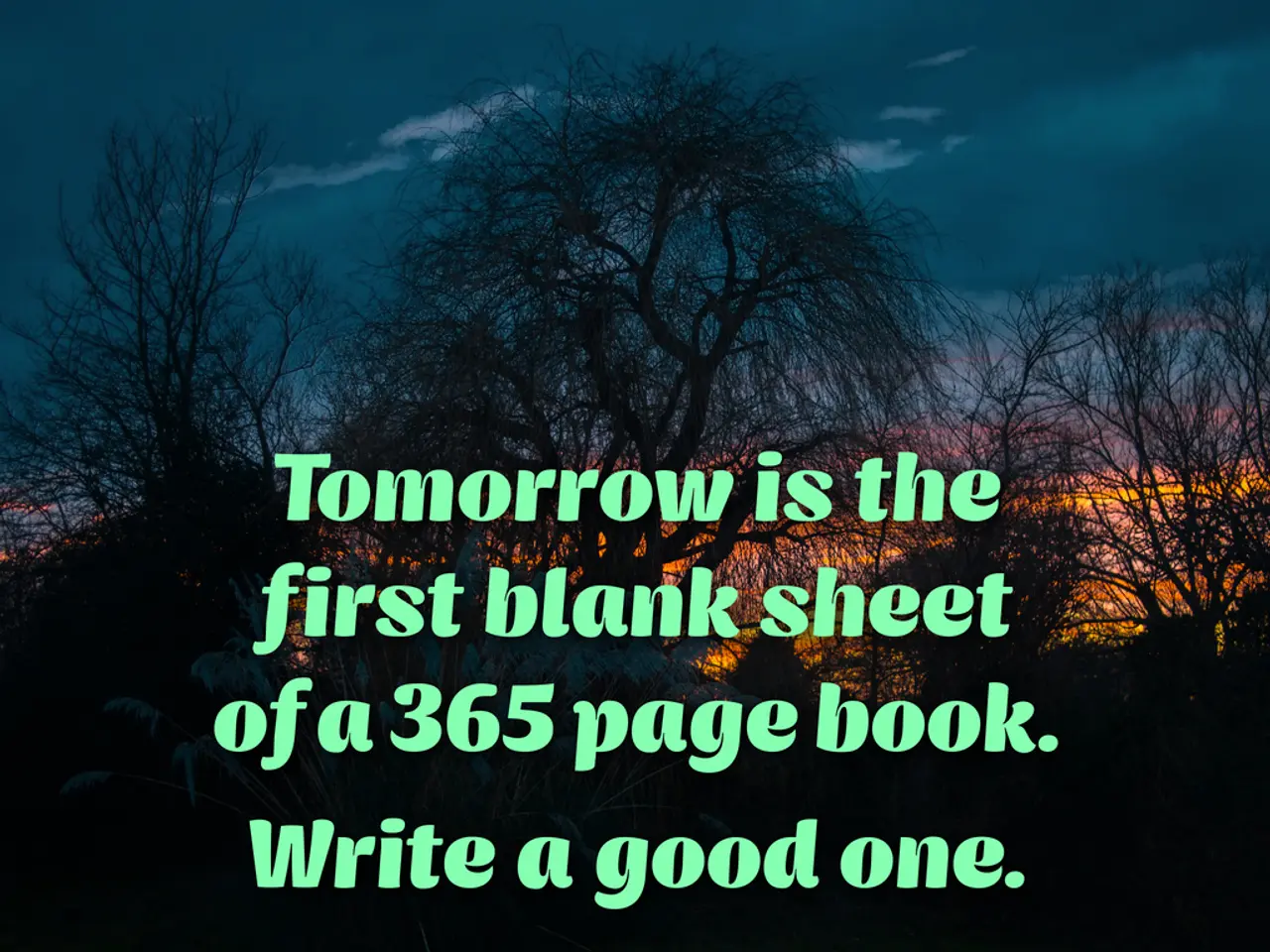Guidelines for Creating a Resume When You Have No Work History
**Creating a Compelling Resume for Entry-Level Jobs: A Practical Guide**
For those starting their career journey and seeking to make a strong impression in the job market, crafting an effective resume without work experience can be a challenge. However, focusing on showcasing skills, education, and practical experiences can help create a compelling document that grabs employers' attention. Here's a practical approach to writing a resume for entry-level jobs:
**1. Craft a Strong Career Objective**
Begin with a clear, concise objective (3-4 sentences) that highlights your current skills, educational background, and what you aim to contribute to the employer. This helps set the tone and shows your motivation despite a lack of formal work experience. For example:
"Aspiring graphic designer with foundational skills in Adobe Photoshop and Illustrator seeking an internship to apply creative abilities and collaborative skills in a dynamic agency setting."
**2. Choose the Right Resume Format**
Use a functional resume format rather than a chronological one, as it emphasizes skills and qualifications over work history. This format showcases your abilities first and places education near the top, which is ideal for first-time job seekers.
**3. Highlight Relevant Skills**
Include both hard and soft skills relevant to the job you want. Examples of soft skills are communication, teamwork, and time management; hard skills could include software knowledge, project management, or specific technical competencies.
**4. Emphasize Education and Relevant Coursework**
List your education prominently, including any coursework or projects relevant to the job. Mention academic achievements or special training that demonstrate your capability and commitment.
**5. Incorporate Volunteer Work, Internships, and Extracurriculars**
Treat volunteer work, internships, part-time jobs, and extracurricular activities as valuable experience. Describe your responsibilities and accomplishments in bullet points just like a work experience section. Focus on transferable skills like leadership, organization, and customer service.
**6. Quantify Achievements Where Possible**
Use numbers or measurable results to make your contributions concrete, such as "Managed cash register transactions averaging $2,000 per shift" or "Led a student club that grew membership by 30%."
**7. Keep Your Contact Info Professional**
Include an up-to-date phone number and professional email. Adding a LinkedIn profile can add value if it is relevant and well-maintained.
**Key Sections to Include**
- Header: Name, professional email, phone, LinkedIn (optional) - Objective: Brief career goal tailored to the job - Skills: Top 3-5 hard & soft skills relevant to the role - Education: School, degree, relevant coursework, honors - Experience: Volunteer work, internships, extracurriculars - Additional Sections: Relevant projects, certifications, hobbies (if relevant)
By focusing on what you bring to the table beyond formal jobs—skills, education, and practical experiences—you can create a compelling resume that stands out, even without prior work experience. AI tools like ChatGPT can help organise thoughts, maintain a professional tone, and ensure the resume aligns with the job being applied for.
Remember to provide specific details such as skills, volunteer experience, projects, and extracurriculars where applicable. Most word processors offer free resume templates to get started, making it essential to have a resume when applying for a job. Internships offer an opportunity to apply classroom lessons in real-world situations, further enhancing your resume. With a well-structured and informative resume, you'll be well on your way to landing your first job.
In the context of creating a compelling resume for entry-level jobs, emphasizing education, personal growth, career development, and learning experiences can highlight a candidate's potential and dedication. For example, in section 4, instead of merely listing academic institutions and degrees, one might stress relevant coursework, projects, or specialized training that showcase learned skills and commitments. Furthermore, Section 5 encourages the inclusion of volunteer work, internships, and extracurricular activities, all of which provide valuable hands-on experiences that contribute to personal growth and career development.




